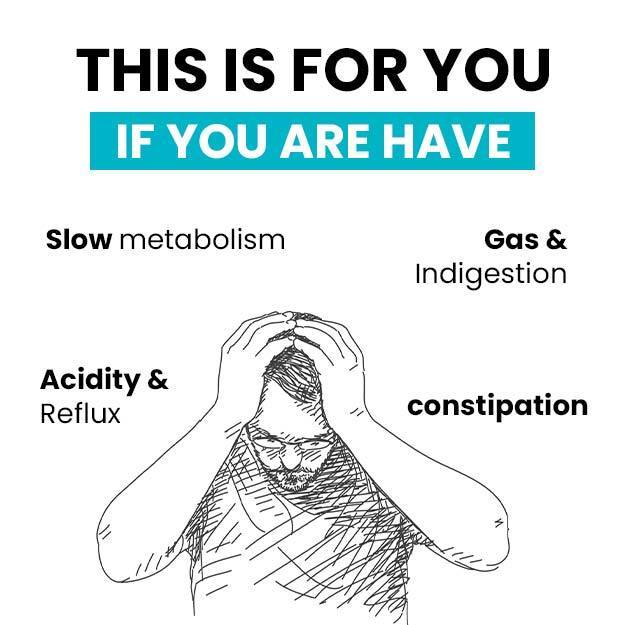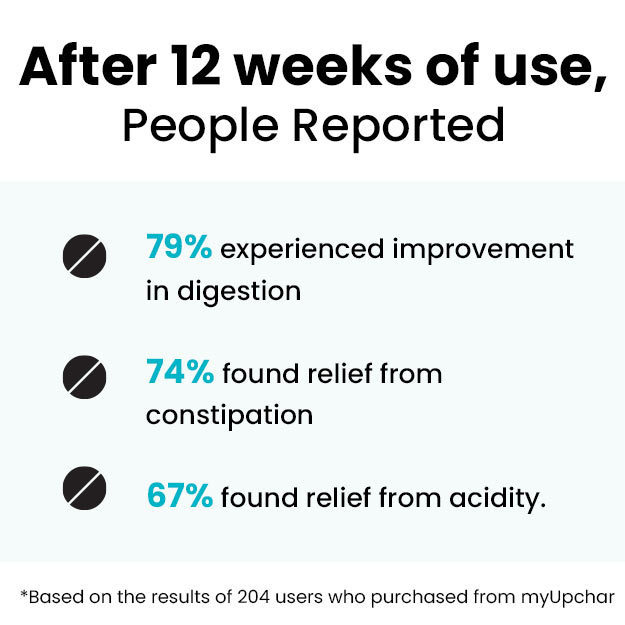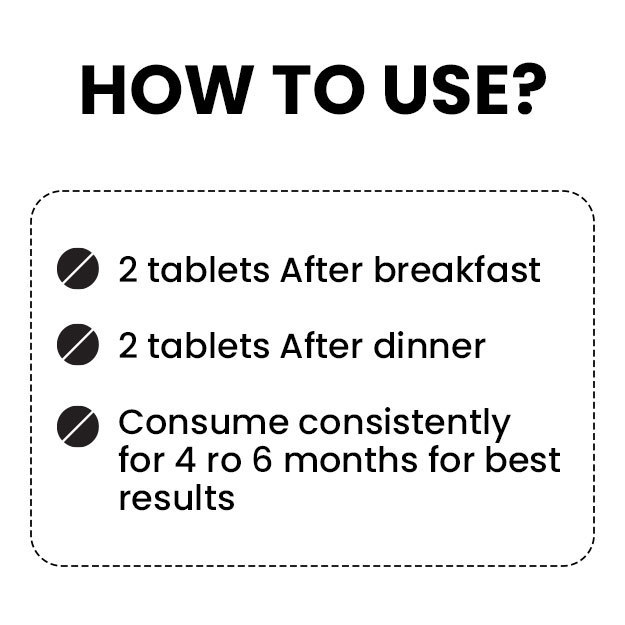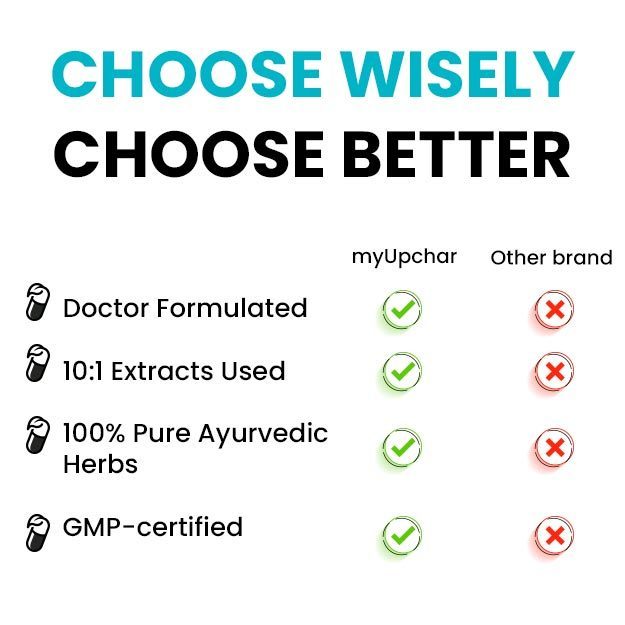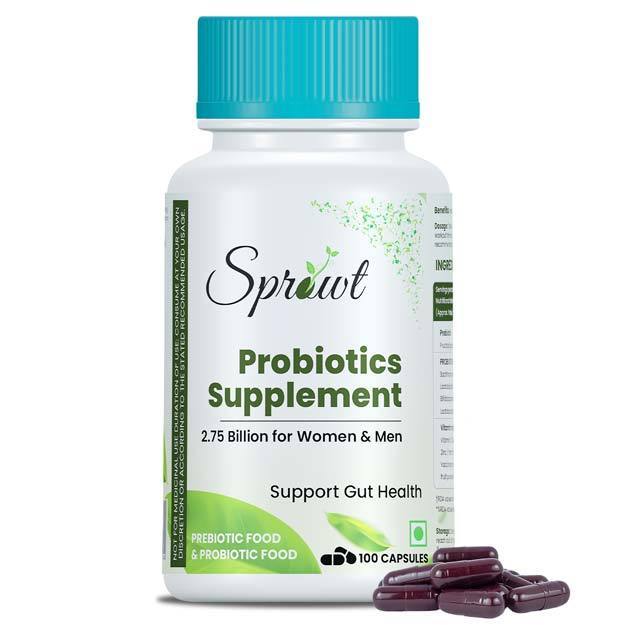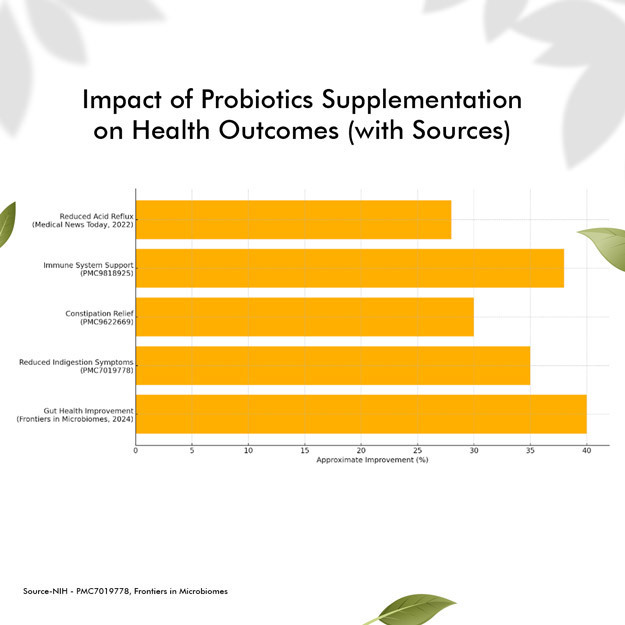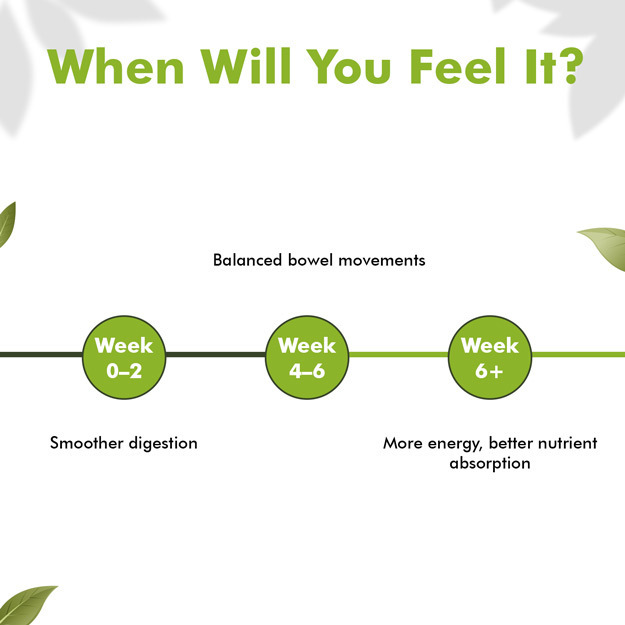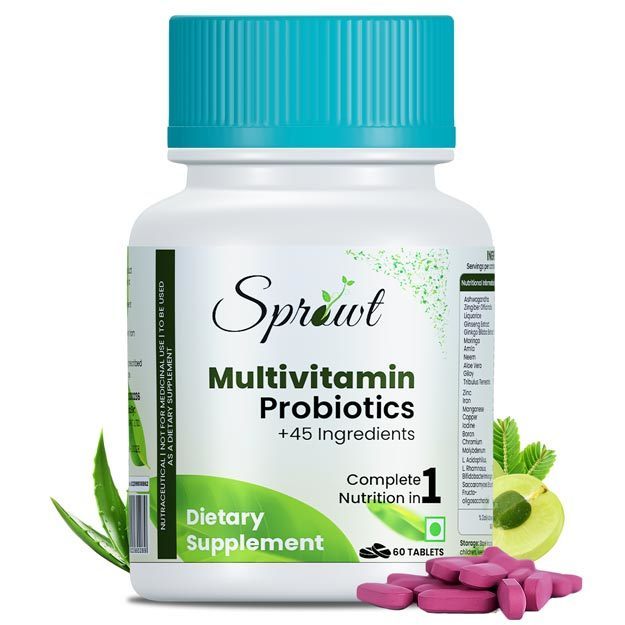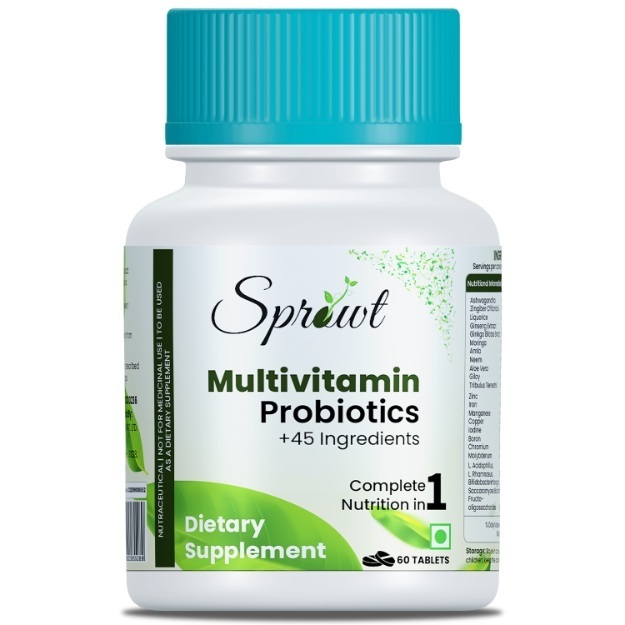Antacids are the most commonly used products to treat heartburn (a form of indigestion). Antacids neutralize the stomach acid that causes heartburn, relieving the burning sensation immediately. And because they start working within seconds, they are the fastest way to relieve these types of symptoms.
Many antacids can be purchased over-the-counter from any medical store without a prescription. Most antacids are available OTC. Liquid forms of antacids work more quickly, but you may prefer antacid tablets because they are easier to take. Most antacids are inexpensive, which is why they are more popular. All antacids work in the same way, but their side effects can vary. If you often use antacids and you have trouble with side effects, talk to your doctor. To help increase your knowledge, in this article we have explained in detail what is antacid? How to use antacid tablets, syrup, gel? What are its advantages and disadvantages?
(Read more - How to improve digestion)
- What Is Antacid?
- How To Use Antacids?
- Benefits Of Antacids
- Disadvantages Of Antacids
- Precautions In Using Antacids
- Summary
What Is Antacid?
Antacids are a class of medicines that are used to treat problems caused by acid produced by the stomach. They can be used to treat some symptoms of excess acid accumulated in the stomach such as-
- Acid reflux - Acid reflux is a condition in which the acid produced in the stomach comes back into the food pipe. Its symptoms include bitter taste, persistent dry cough, pain when lying down and difficulty swallowing.
- Heartburn - Acid reflux causes a burning sensation in your chest or throat.
- Indigestion or dyspepsia - Indigestion is a condition in which you have pain in your upper intestine that may feel like gas or bloating.
Antacids help neutralize the excess acid produced by the stomach. Antacids work differently from other acid reducers such as H2-receptor blockers or proton pump inhibitors, in that they work to reduce or stop the secretion of stomach acid while antacids work to neutralize it. Antacids are usually available in the following forms -
- Liquid form.
- As chewable gum or tablet.
- Some come as tablets that you can dissolve in water and drink.
Antacids are available under many different names. Some are sold under their own brand names and some are named after their main ingredient. Examples of some popular antacids used in India are Alcaine mps syrup, Algiflux syrup and tablets like Alcid, Acigene, Digusil Mps etc. Different types of antacids may mainly contain the following ingredients -
- Aluminum hydroxide
- Magnesium carbonate
- Magnesium trisilicate
- Magnesium hydroxide
- Calcium carbonate
- Sodium bicarbonate
Some antacids may also contain other medicines such as an alginate (which forms a protective layer over your food pipe) and simethicone (which reduces bloating).
(Read more - What are the 6 stages of digestion)
How To Use Antacids?
The stomach naturally secretes hydrochloric acid which helps break down proteins. This acid causes the stomach contents to be acidic in nature, with a pH value of 2 or 3 (pH is a standard measure of the level of acidity in the stomach - the lower the pH number, the more acidic it is) when acid secretion is active.
Our stomach, digestive tract and esophagus are protected from acid by several protective mechanisms. But when there is too much acid or the protective mechanisms prove inadequate, the lining of the stomach, digestive tract and esophagus can be damaged by the acid, causing inflammation and ulcers, thus leading to various gastrointestinal symptoms such as vomiting, stomach pain and heartburn (due to gastroesophageal reflux disease or GERD).
Antacids work to counteract the acid in your stomach. They do this because the chemicals found in antacids are bases which are the opposite of acids. The reaction between an acid and a base is called neutralization. This reaction makes the stomach contents less corrosive. It can help relieve the pain associated with ulcers and the burning sensation caused by acid reflux. When antacids work on stomach acid, they can produce gas in the stomach which can cause bloating. Simethicone helps prevent this foaming effect and simethicone can sometimes be included within antacid medications. Many common antacids also contain alginates. Most alginates work by forming a gel that floats on top of the stomach contents. This gel acts as a protective barrier to prevent stomach acid from irritating the esophagus.
Antacids are a good treatment for occasional heartburn. Take antacids on an empty stomach or an hour after eating or when you have heartburn. If you are taking them for nighttime symptoms, do not take them with food. Take antacids only after talking to your doctor if you have any of the following problems:
- If your pain or symptoms do not get better with antacids.
- If you have these symptoms every day or night.
- If you have nausea and vomiting.
- You have blood in your stool or dark colored stool.
- You have abdominal bloating or cramping.
- If you have pain in your lower abdomen, side or back.
- You have severe diarrhea that does not stop.
- If you have fever along with stomach pain.
- If you have chest pain or shortness of breath.
- If you have trouble swallowing.
- If you have lost weight that you cannot explain.
- If you need to take antacids for a long time.
Also keep in mind that antacids cannot treat more serious problems, such as appendicitis, stomach ulcers, gallstones or bowel problems etc. If you have any such problem, get treatment from your doctor.
(Read more - 5 Easy exercise for healthy digestion)
Benefits Of Antacids
Antacids can be a good option for people who only have occasional acid reflux or heartburn. They are a very effective treatment against heartburn and usually work quickly and can provide immediate pain relief. It is very important to choose the most effective antacid to treat your specific case of acid reflux. Each antacid works differently, but they are all used to restore the pH balance of the esophagus, stomach, and gastrointestinal (GI) tract.
However, it may be difficult for you to figure out which antacid will be most effective for your reflux, especially since there are so many different OTC antacids available. You can ask your doctor for help. Health experts say that taking antacids occasionally or for short periods of time usually does not pose any risks, but if taken excessively, they can sometimes cause more problems than they help. Because they contain a variety of active ingredients, which can affect different people in different ways. For example, if there is only temporary relief and the heartburn returns within an hour and is worse than before, then this recurrence of pain may be due to acid rebound. According to doctors, this condition sometimes occurs when antacids contain high amounts of calcium carbonate or sodium bicarbonate. If left untreated, this chronic heartburn can eventually lead to ulcers and bleeding in the esophagus, breathing problems and even esophageal cancer.
(Read more - Top 10 Digestive Enzymes Tablets)
Disadvantages Of Antacids
Antacids are very unlikely to cause side effects or harm if not misused. However, some side effects can occur even if you use them as directed. Like most other medicines, antacids also react with other medicines. When this happens, the effects of one or both of the medicines may change or the risk of side effects may be higher. So if you are taking any other medicine, talk to your doctor or pharmacist before taking an antacid. Antacids are basically made from 3 types of ingredients. If you have problems with one brand, try another brand's product. The basic ingredients of antacids can cause you the following problems -
- Products containing magnesium can cause diarrhea.
- Products containing calcium or aluminum can cause constipation.
- Although the risk is very low, sometimes products containing calcium can cause kidney stones or other problems.
- If you take a large amount of aluminum-containing antacids, you may be at risk of calcium deficiency, which can lead to osteoporosis.
- Antacids can change the way your body absorbs other medicines. So it is best to take any other medicine only 1 hour before or 4 hours after taking an antacid.
- Antacids containing both magnesium and aluminum can balance their effects (diarrhea and constipation) and therefore reduce the risk of side effects such as diarrhea or constipation.
(Read more - Role of Digestive Enzyme)
Precautions In Using Antacids
Antacids are generally safe for most people. However, people with certain medical conditions should talk to their doctors before taking certain antacids containing aluminum hydroxide and magnesium carbonate. For example, people with heart failure may have a restriction on sodium intake to help reduce fluid buildup. These antacids often contain a lot of sodium. So these people should ask their doctor before using antacids.
People with kidney failure may develop a build-up of aluminum from these products. This can lead to aluminum toxicity. People with kidney failure also have electrolyte imbalance problems. All antacids contain electrolytes, which can make electrolyte balance problems more severe. Talk to your child's doctor before giving your child an antacid. Children don't usually develop symptoms of excess stomach acid, so their symptoms may be related to another condition.
Although antacids are great for quickly relieving your heartburn symptoms, they usually don't treat the conditions that can cause them. So if you've been suffering from heartburn for more than two weeks, talk to your doctor.
(Read more - Digestive Benefits of Wheat Bran)
Summary
Antacids are medicines that relieve acidity and related problems by neutralizing the acid in the stomach. These medicines neutralize hydrochloric acid, thereby providing relief from problems like acid reflux, heartburn, and indigestion. Antacids come in various forms, such as tablets, liquids, and chewable tablets, and can be taken after meals or when symptoms appear. Their effect is quick, but they provide short-term relief. However, excessive or regular use of antacids can cause some side effects, such as constipation or diarrhea. Therefore, they should be taken as per the doctor's advice, especially if the stomach problem has persisted for a long time or if other health problems are present.
Find Gastroenterologist in cities
- Gastroenterologist in Gurgaon
- Gastroenterologist in Bangalore
- Gastroenterologist in Chennai
- Gastroenterologist in Jaipur
- Gastroenterologist in Ahmedabad
- Gastroenterologist in Noida
- Gastroenterologist in Mysore
- Gastroenterologist in Visakhapatnam
- Gastroenterologist in Hyderabad
- Gastroenterologist in Pune
Doctors for Antacids: How They Work and When to Use Them

Dr. Paramjeet Singh.
Gastroenterology
10 Years of Experience

Dr. Nikhil Bhangale
Gastroenterology
10 Years of Experience

Dr Jagdish Singh
Gastroenterology
12 Years of Experience









